High-Protein foods are products with a High-Protein composition content. Protein is one of the macronutrients, in addition to carbohydrates and sugars. The human body needs protein, and the supply of protein affects many functions and overall health. High-Protein foods are primarily responsible for building muscle mass. This is why athletes and physically active people often reach for such products.
However, every individual should ensure that the right amount of protein in the diet meets individual requirements. Protein deficiency can be associated with various symptoms and a decrease in immunity. Find out what levels of protein are recommended by experts. Learn about High-Protein foods that will provide significant portions of protein to your diet.
Protein is an essential human body element and significantly impacts its functioning. Various tissues, such as muscles, bones, and also nerves in the body, contain protein. The macronutrient keeps the tissues in good condition and gives a person the energy to function. These processes affect physical fitness and increase resistance to exertion.

In addition to this, protein influences the metabolism, which results in better weight control and the maintenance of a healthy body weight. This is why this component is a dietary staple. Once consumed, they are synthesized in muscles![]() and other tissues. Insufficient protein levels can result in various health problems. These include a decline in immunity, weakness, and anemia
and other tissues. Insufficient protein levels can result in various health problems. These include a decline in immunity, weakness, and anemia![]() . Therefore, a healthy diet requires maintaining adequate protein levels for the body to function correctly.
. Therefore, a healthy diet requires maintaining adequate protein levels for the body to function correctly.
Recommendations for protein intake include 0.8 g![]() of protein per kg of body weight per day. These recommendations apply to healthy individuals with minimal physical activity. People who do more strenuous work daily may need higher amounts of protein. In contrast, the maximum amount of protein not recommended to exceed is 3.5 g
of protein per kg of body weight per day. These recommendations apply to healthy individuals with minimal physical activity. People who do more strenuous work daily may need higher amounts of protein. In contrast, the maximum amount of protein not recommended to exceed is 3.5 g![]() per kg of body weight per day. However, this limit applies to well-adjusted individuals with individual needs.
per kg of body weight per day. However, this limit applies to well-adjusted individuals with individual needs.
Chronic High-Protein intake can also cause health problems. Therefore, the intake should also not be significantly exceeded to be safe. It is worth knowing that the amount of protein required is a value that is difficult to establish, as it is subject to many variables. The individual condition that characterizes each patient may need different amounts of protein. Important factors influencing protein requirements include age, gender, health status, and level of physical activity. Conversely, any change in diet is worth discussing with a specialist.
Protein can be found in many foods that add variety to the daily diet. The amount of protein compared to the other macronutrients, namely fat and carbohydrates, can vary from product to product. When arranging a protein diet, it is essential to establish the correct ratio between protein, carbohydrates, and fats. The most important thing is the balance and mutual correlation of these components, so it is best if a nutritionist tailors the diet for you, considering your needs.
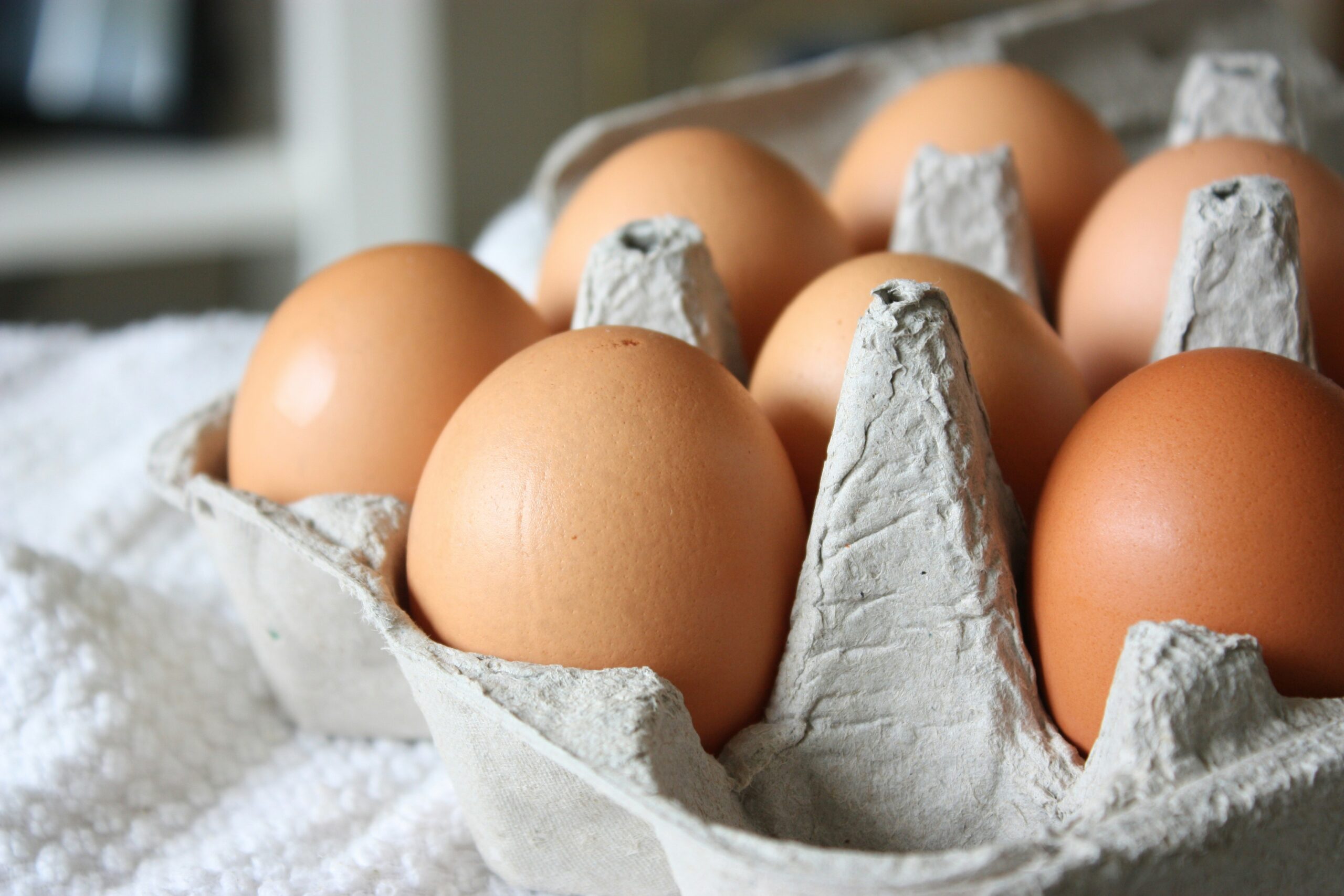
An animal product rich in protein is a hen's eggs. Eggs contain high-quality protein, amino acids, vitamins, and other elements. Eggs contain potassium, sodium, magnesium, and phosphorus. In addition, eggs are low-calorie, High-Protein foods that can be eaten without worrying about gaining weight.
One moderately sized egg has only about 80 calories![]() . Eggs also have antioxidant properties, meaning eating them slows down the aging process and reduces the risk of disease. However, there is controversy surrounding the frequent consumption of eggs. Most studies report that eating eggs may affect cholesterol levels
. Eggs also have antioxidant properties, meaning eating them slows down the aging process and reduces the risk of disease. However, there is controversy surrounding the frequent consumption of eggs. Most studies report that eating eggs may affect cholesterol levels![]() .
.
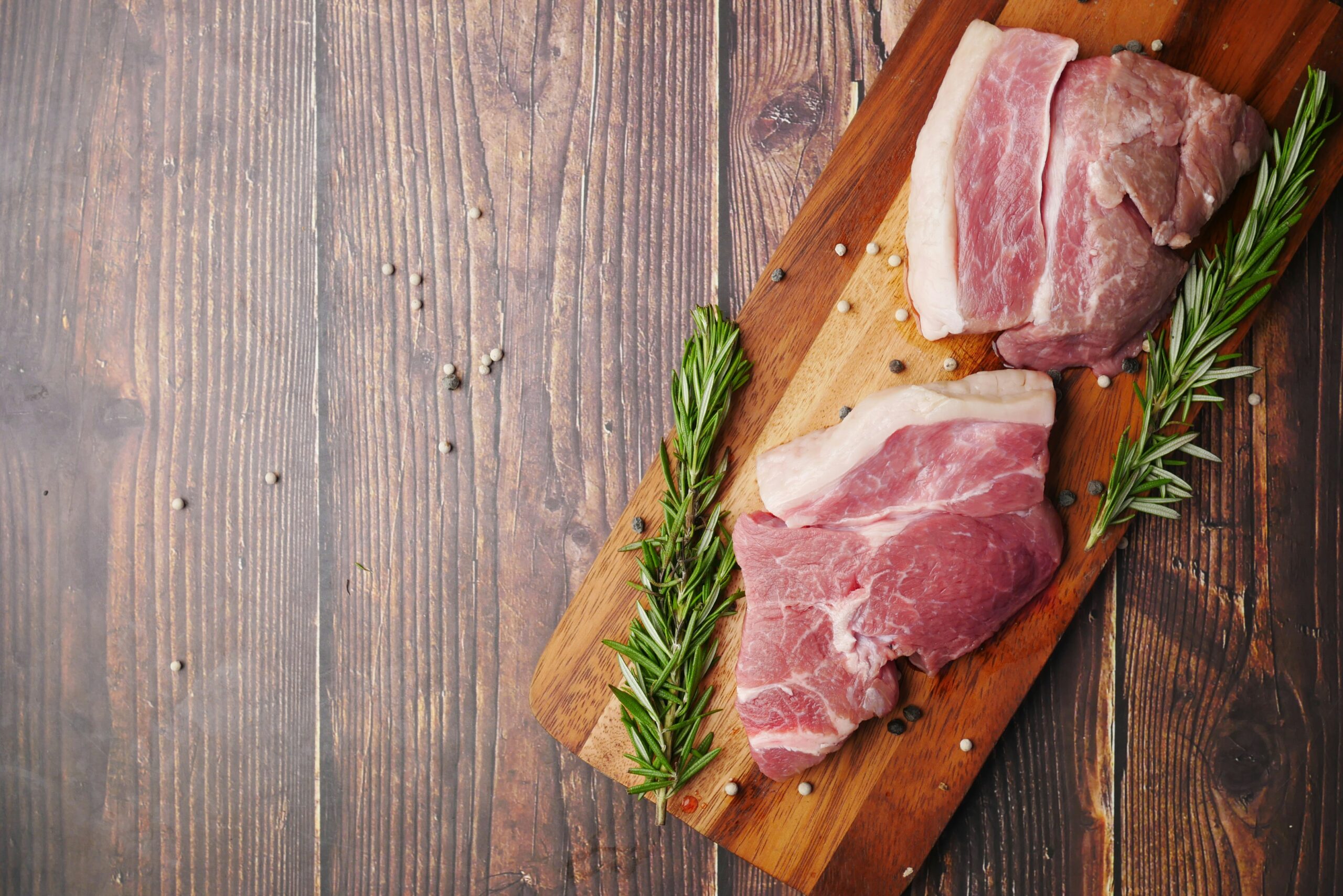
A well-known source of protein is meat. Meat provides a variety of valuable ingredients and influences hormone secretion and the immune system. However, the health effects of meat and the controversies surrounding it concern specific types of meat.
Experts indicate that chicken and other types of lean meat are healthier choices. This type of meat is low in calories because it does not contain saturated fats. Therefore, eating lean meat does not contribute to cholesterol, as does eating fatty meats such as beef, pork, and lamb. Lean meat is thus a good choice for increasing protein levels in non-vegetarians.
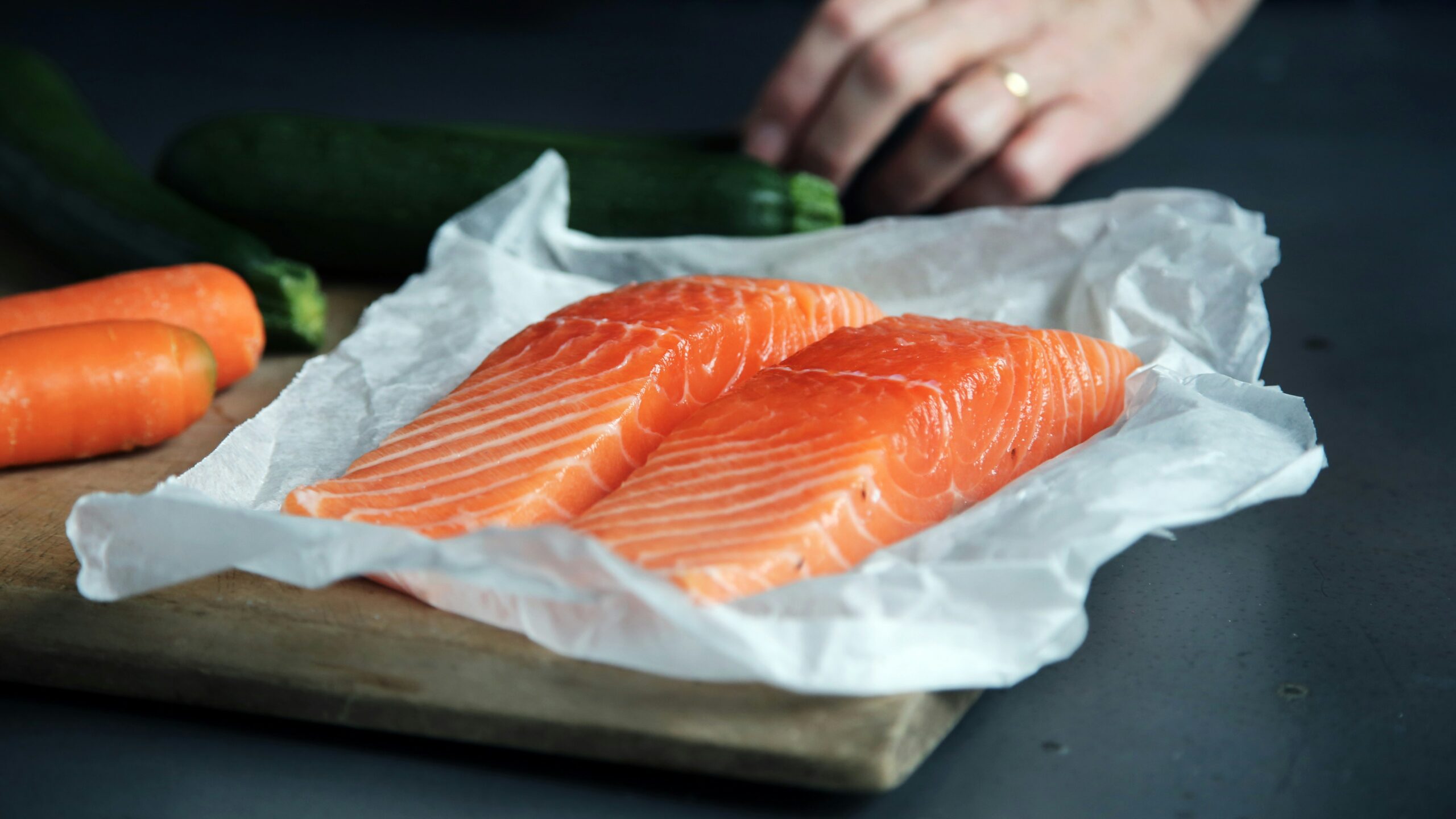
Another animal product rich in protein is also fish. Nutritionists often recommend fish consumption because of their high nutritional value. Fish is a source of beneficial omega-3 fatty acids, complete protein, vitamin D, and minerals. Depending on the type, fish can contain different amounts of fat. Eating lean fish is recommended for people who consume low amounts of fat.
However, from a nutritional point of view, oily marine fish are the most beneficial for health, as they have a higher content of omega-3 fatty acids. Scientific studies show that these acids improve the lipid profile. Other studies indicate that consumption of these components is beneficial in preventing and treating diseases related to immune system malfunction and chronic inflammation.
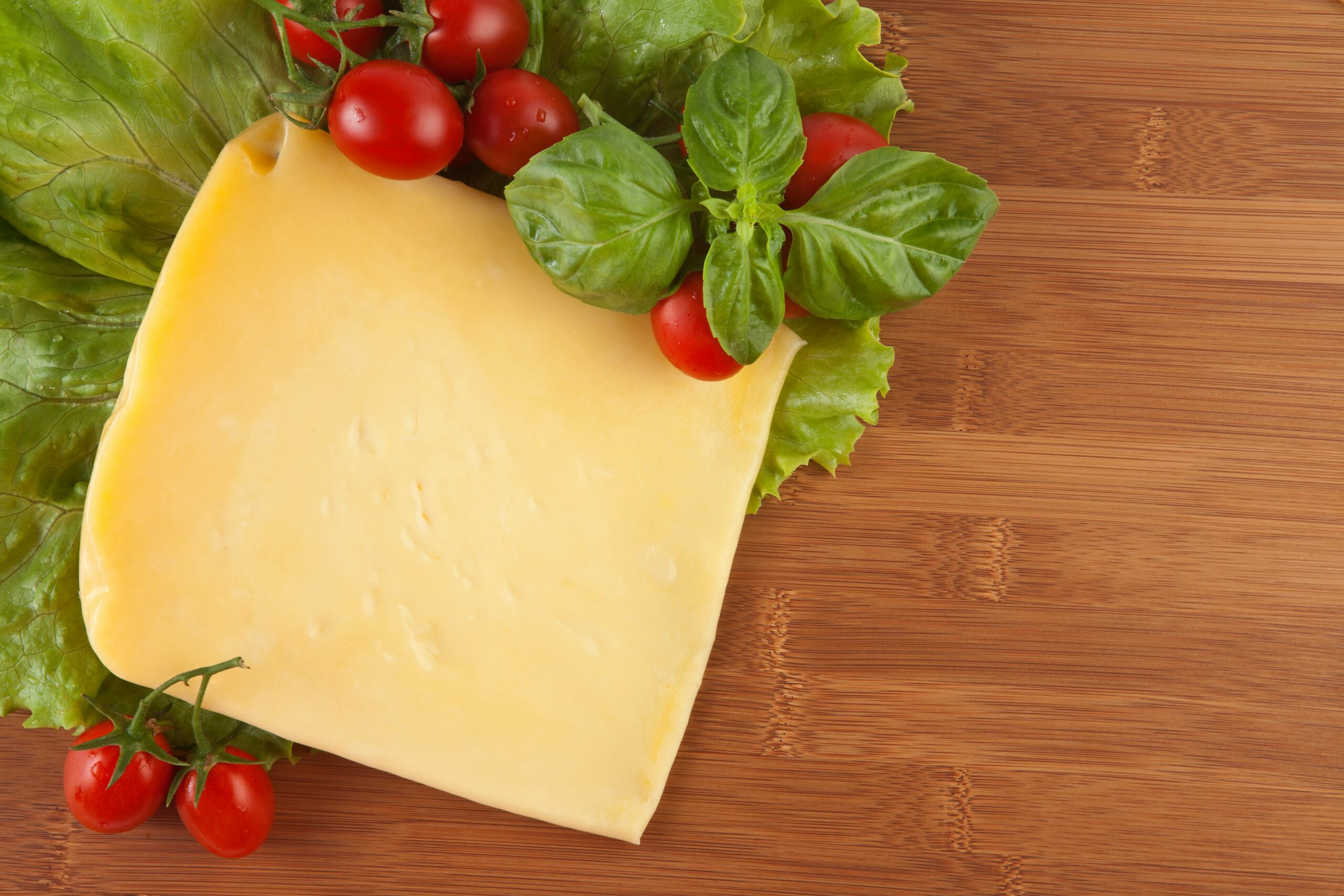
Dairy products are a wide range of High-Protein foods that contain High-Protein values. Foods made from milk are also rich in calcium, which promotes bone growth. Dairy products meet the body's need for certain micro- and macronutrients and vitamins.
Dairy products can also contain large amounts of fat, which is needed for better absorption of vitamins. However, people controlling their body weight should not avoid dairy products. Studies suggest consuming dairy products is associated with weight loss![]() in children and adults.
in children and adults.
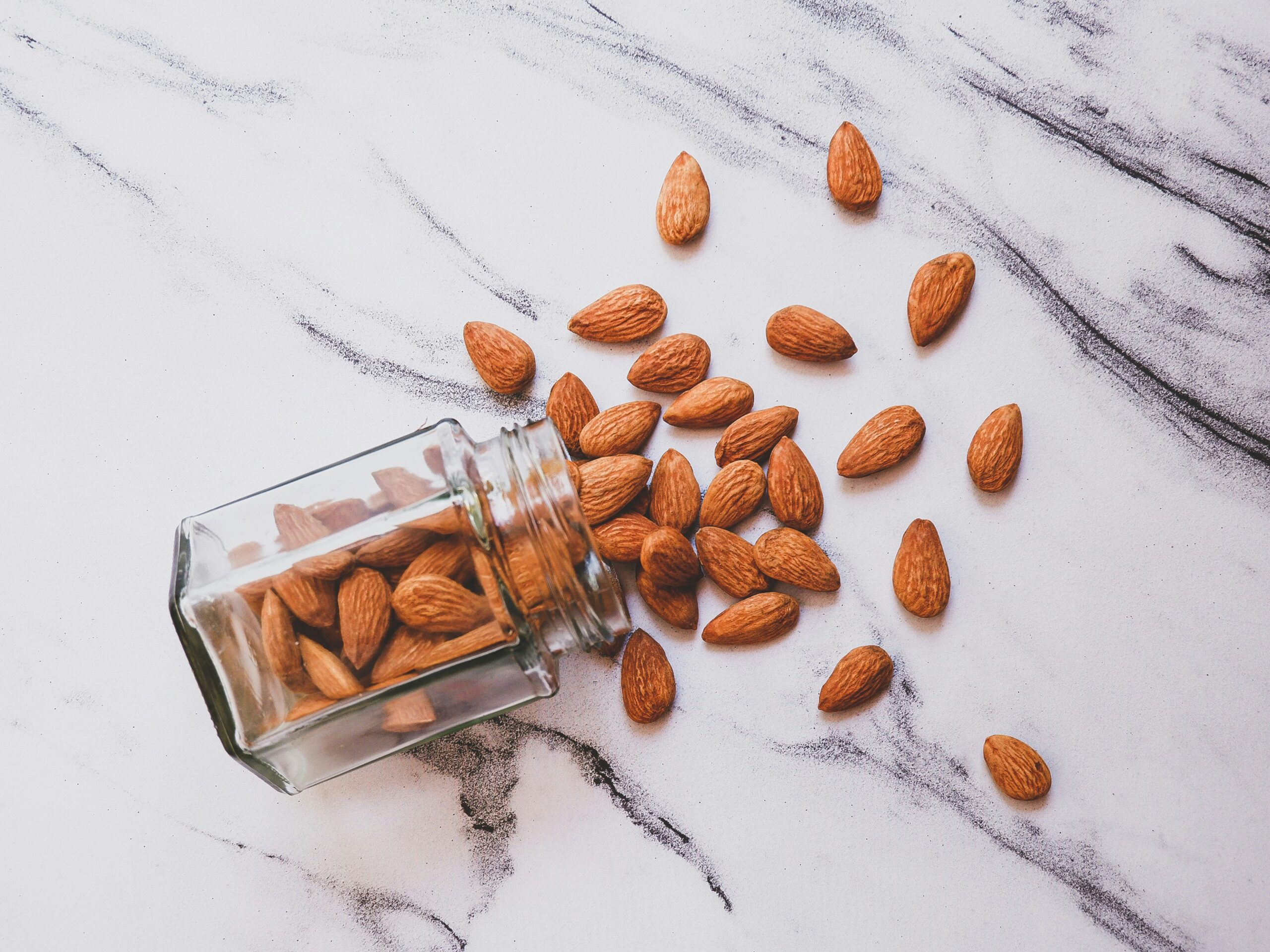
Nuts are a trendy snack and an addition to many dishes. Nuts have a unique flavor and are also a source of vitamins, fiber, polyunsaturated fatty acids, and protein. Nuts can contain varying amounts of protein depending on the type, but the level of this macronutrient is relatively high. In addition, nuts enhance the feeling of satiety thanks to their many healthy ingredients.
However, it is advisable to eat nuts in moderation for people watching their weight, as they contain large amounts of fats and calories. Most nuts have very similar calorie levels. However, almonds, hazelnuts, and peanuts contain more protein and dietary fiber. Nuts are also a vegan protein alternative that adds protein to the diet of non-meat eaters.
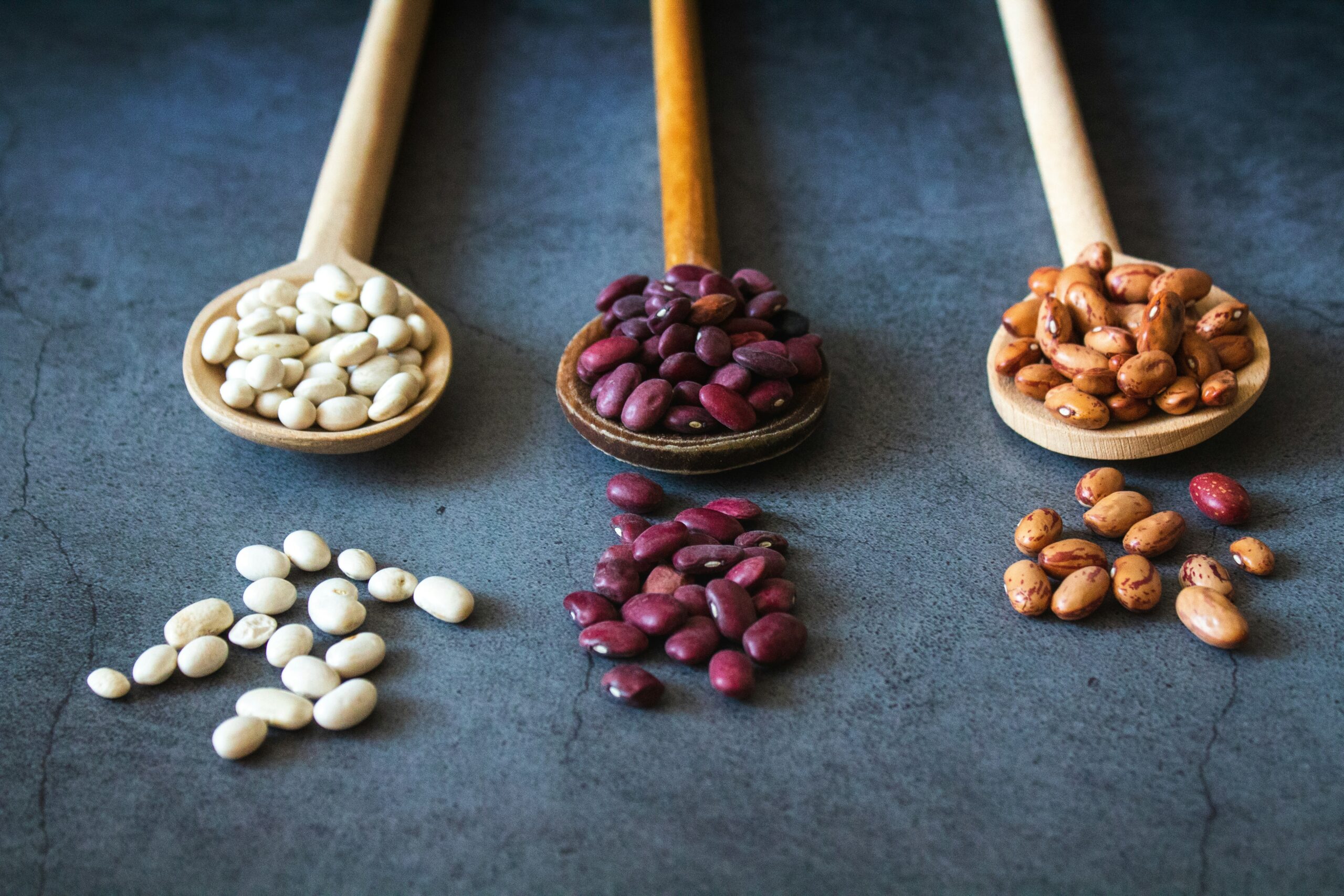
Beans are another high-protein food recommended for vegans who want to consume large amounts of protein. Unlike many vegetables, beans are not counted as low-calorie products. The calorific value of beans comes from, among other things, the high-quality soy protein![]() . In addition, beans are also rich in dietary fiber, which contributes to the prevention of cardiovascular disease and promotes weight loss.
. In addition, beans are also rich in dietary fiber, which contributes to the prevention of cardiovascular disease and promotes weight loss.
In addition, eating beans helps to break down fat and inhibit fat accumulation. In addition to essential nutrients, beans contain vitamins, especially B vitamins, folic acid, antioxidant compounds, and many minerals. However, the disadvantage of eating beans is their effects on the digestive system. Therefore, people suffering from constipation should avoid this high-protein food.
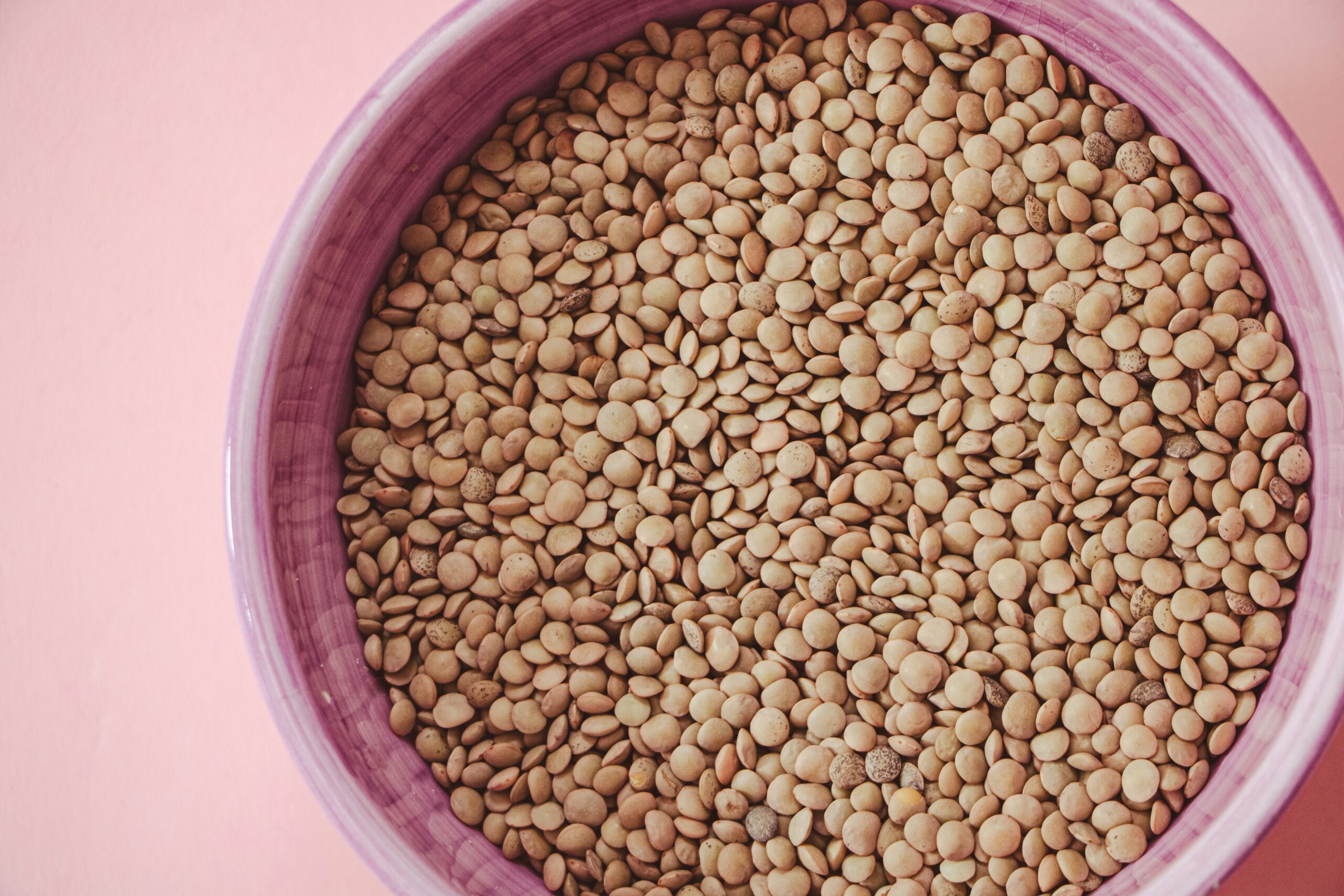
Legumes are considered one of the primary plant sources, as they are also high in fiber and minerals. Products rich in plant protein include lentils, the nutritional values vary slightly depending on the type. Lentils have a relatively high amount of protein but provide much less protein than meat. In addition, it does not have the full range of amino acids. Therefore, it is essential to remember that lentils are a meat substitute but an incomplete one.
However, it is worth remembering that legumes are one of the cheapest and widely available sources of protein and fiber. Therefore, it is worth including lentils in your menu to replenish your body's protein levels. Lentils are also valuable for pregnant women as they contain folic acid.
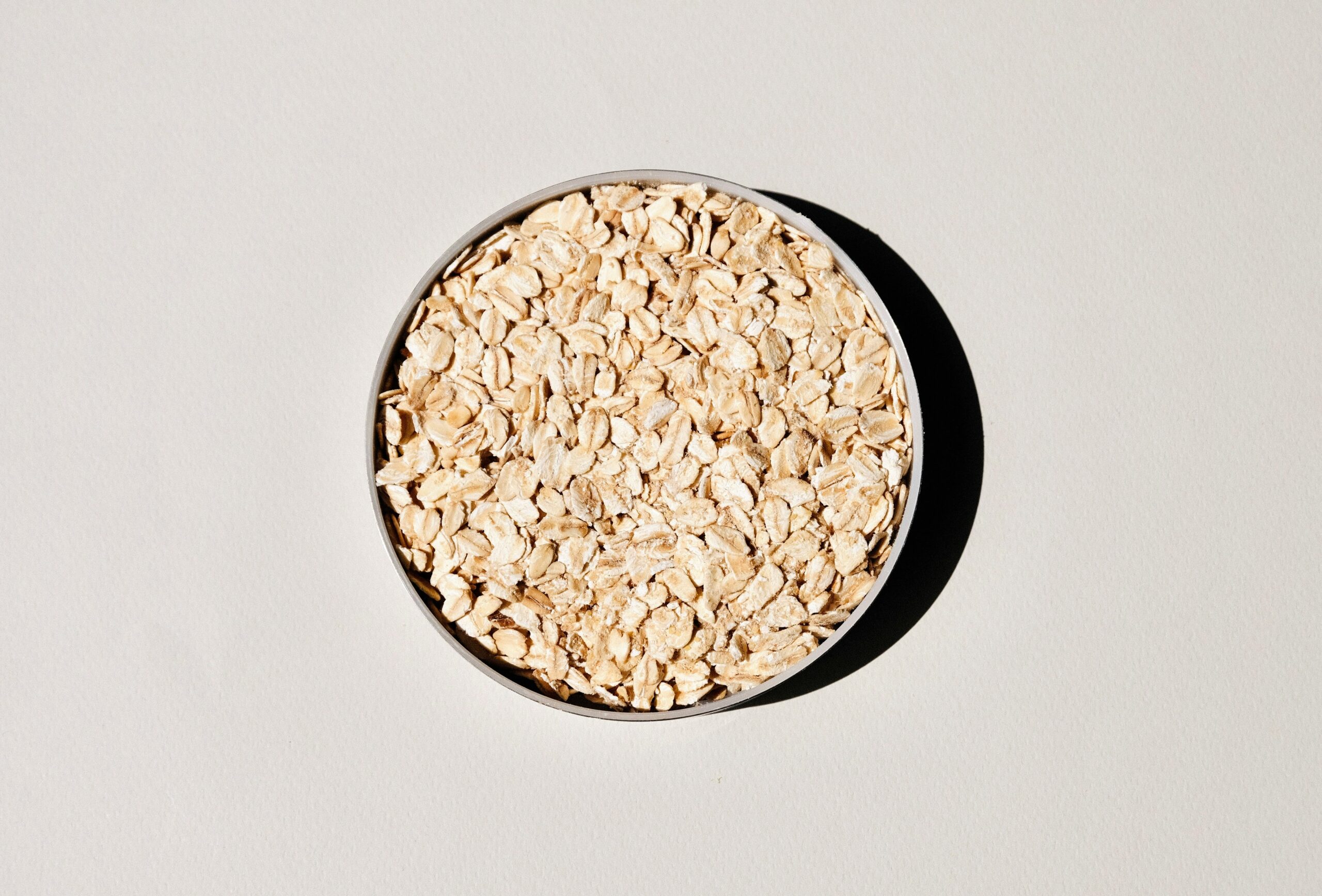
People on a vegetarian diet need to look for alternative High-Protein foodsoptions. Such products include oatmeal, which has a relatively high amount of protein for a cereal product. Oat flakes are also an excellent addition to a high-protein diet for those not on a vegan or vegetarian diet. Oat flakes will provide relatively high amounts of plant protein.
In addition, this product contains high amounts of dietary fiber and supports metabolism. Oat flakes easily and quickly induce a feeling of satiety, allowing you to burn more energy during digestion. Nutritionists value oat flakes for their destructive cholesterol-lowering properties. Oat flakes have a relatively low carbohydrate content compared to products made from other cereals.
Maintaining adequate protein levels is essential for every individual. Protein deficiencies can be associated with health consequences, so it is worth following dietary recommendations. For some people, protein is the main component of the diet. The high-protein diet may have many advantages but also some risks and controversy. Remember that drastic dietary changes without consulting a specialist can be dangerous. Above all, we recommend seeking medical advice before implementing any new dietary regime.
High-protein diets are gaining in popularity, especially among people who participate in sports. This diet involves composing meals so that protein is the dominant ingredient and makes up a large percentage of the energy gained from food. The main principles also include eating regular meals and limiting carbohydrates and fats. A high-protein diet can bring various benefits, which include:
A high-protein diet is an exciting option for those looking to lose weight. A high-protein diet reduces appetite and burns fat quickly. By eating satiating High-Protein foods, people on such a diet do not feel much need to snack on unhealthy snacks, significantly impacting weight control. Carbohydrates and sugars are the main components that cause fat gain. Therefore, limiting and replacing them with High-Protein foods reduces weight while maintaining energy.
The most important aspect of a high-protein diet is the rapid muscle mass gain. People who want to build a physique concretely use this dietary method to improve their results. A protein-rich diet also impacts overall strength gains and improved cardiometabolic parameters![]() . In addition to this, a high-protein diet influences tissue regeneration. Protein has a building and regenerative effect on the body, which is why a constant supply of high values of this component has such an effect.
. In addition to this, a high-protein diet influences tissue regeneration. Protein has a building and regenerative effect on the body, which is why a constant supply of high values of this component has such an effect.
High-Protein foods are known to guarantee a long-lasting feeling of satiety. This is an important feature for people who want to get a lot of energy from their meals and can avoid snacking between meals due to hunger. Products with a high satiety index are characterized by their high volume and low energy density. Their use in a menu to support the fight against excess weight is very valuable. It makes the process more accessible, and the person losing weight does not feel the negative effects of a calorie deficit.
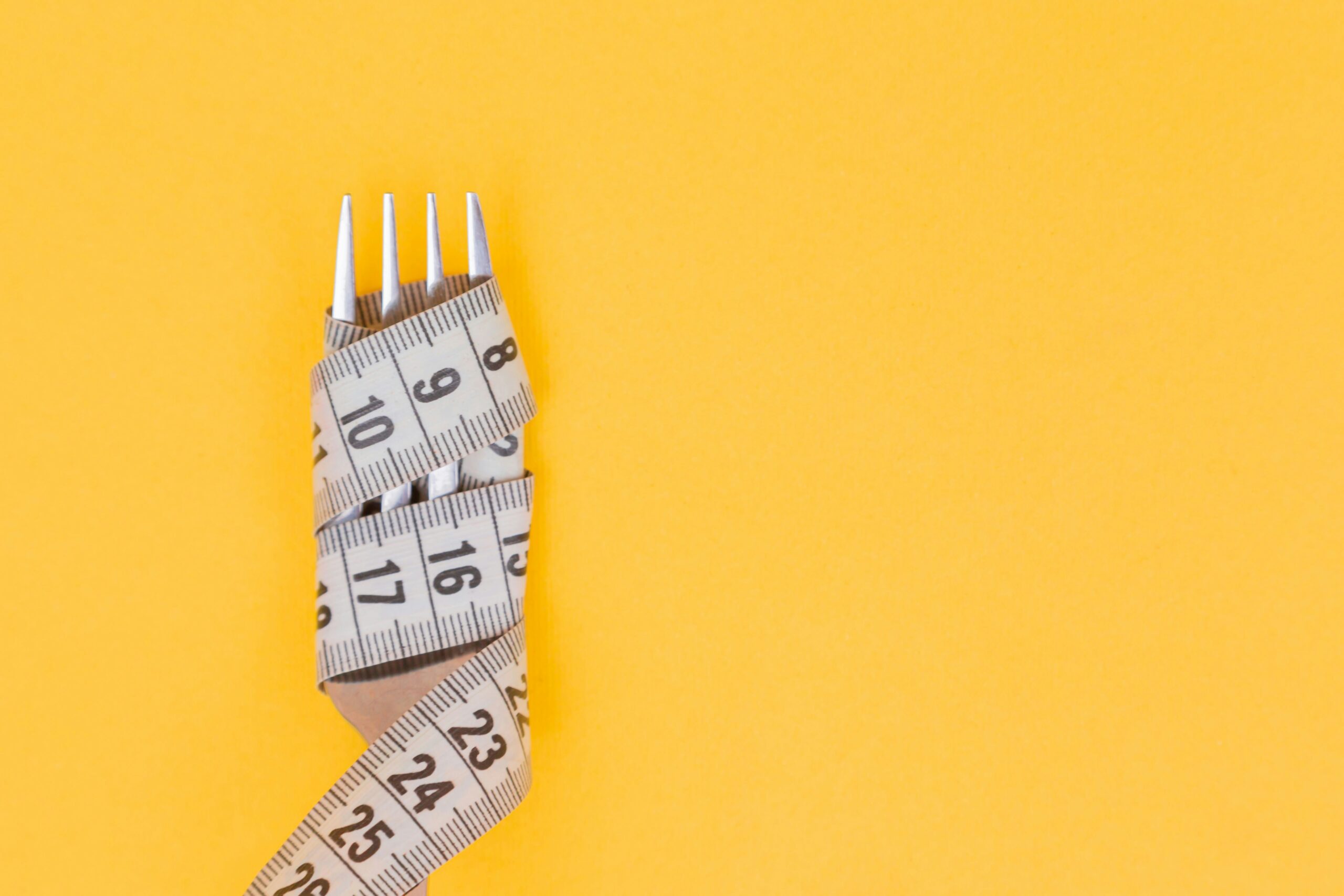
Although a high-protein diet has many advantages for those wishing to lose weight or are physically active, consuming large amounts of protein can involve risks. Some experts, therefore, caution that moderation should be exercised in all things and that any dietary changes should be consulted with a doctor. Risks associated with a high-protein diet include:
The effects of long-term dietary intake still need to be clarified about the mineral content of the bones. Long-term consumption of a high-protein diet may be associated with problems such as loss of bone mass. Other studies have the opposite result: protein may play a beneficial role in preventing bone mass loss and slowing osteoporosis. More research is needed to explore the effects of high protein on bone health in more detail.
Several studies suggest that High-Protein consumption may adversely affect the kidneys, especially in people with existing kidney disorders![]() —high amounts of protein cause intraglomerular hypertension, resulting in renal hyperfiltration, glomerular damage, and proteinuria. Impaired renal function against a background of excessive protein loading can lead to hypertension, kidney stone formation, edema, increased risk of infection, and, in extreme cases, renal failure.
—high amounts of protein cause intraglomerular hypertension, resulting in renal hyperfiltration, glomerular damage, and proteinuria. Impaired renal function against a background of excessive protein loading can lead to hypertension, kidney stone formation, edema, increased risk of infection, and, in extreme cases, renal failure.
High-Protein foods in the daily diet can benefit many people, not only athletes. However, following the recommendations for dietary protein levels is essential. The parameters may differ for each person, depending on individual needs. Many high-protein foods can also be introduced into vegan diets. This helps maintain a high-protein diet, which has benefits and risks.
Table of Contents
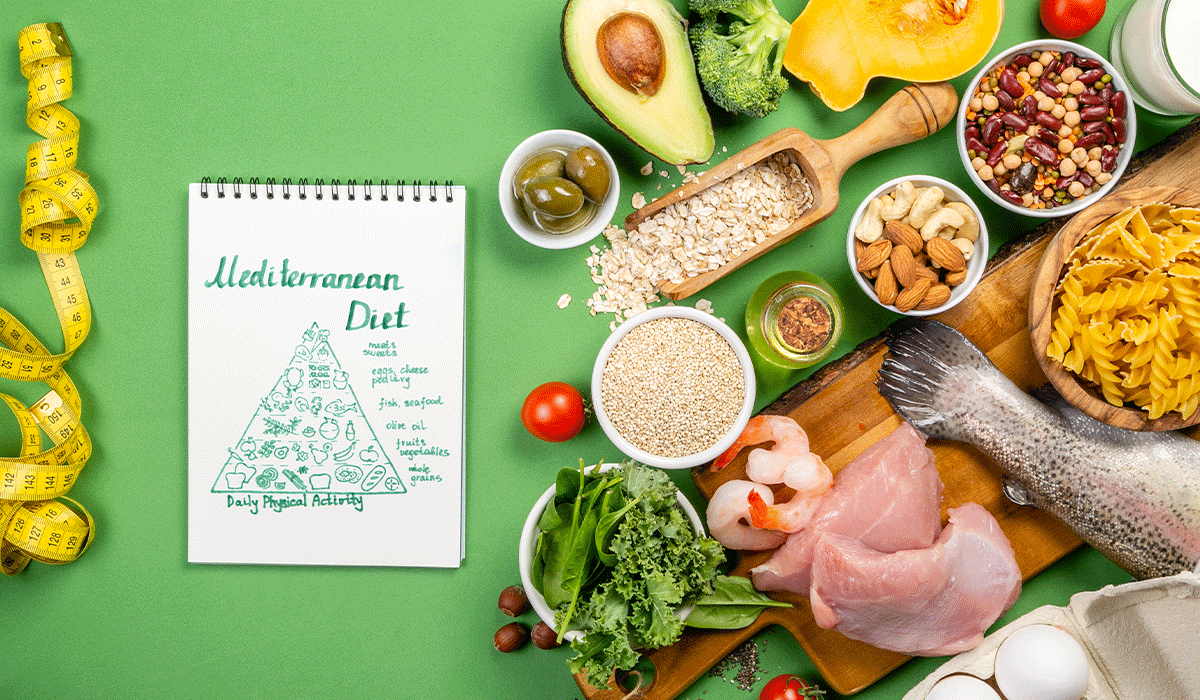
The Mediterranean diet is a popular way of eating that has many health benefits. See how to improve your eating… read more »
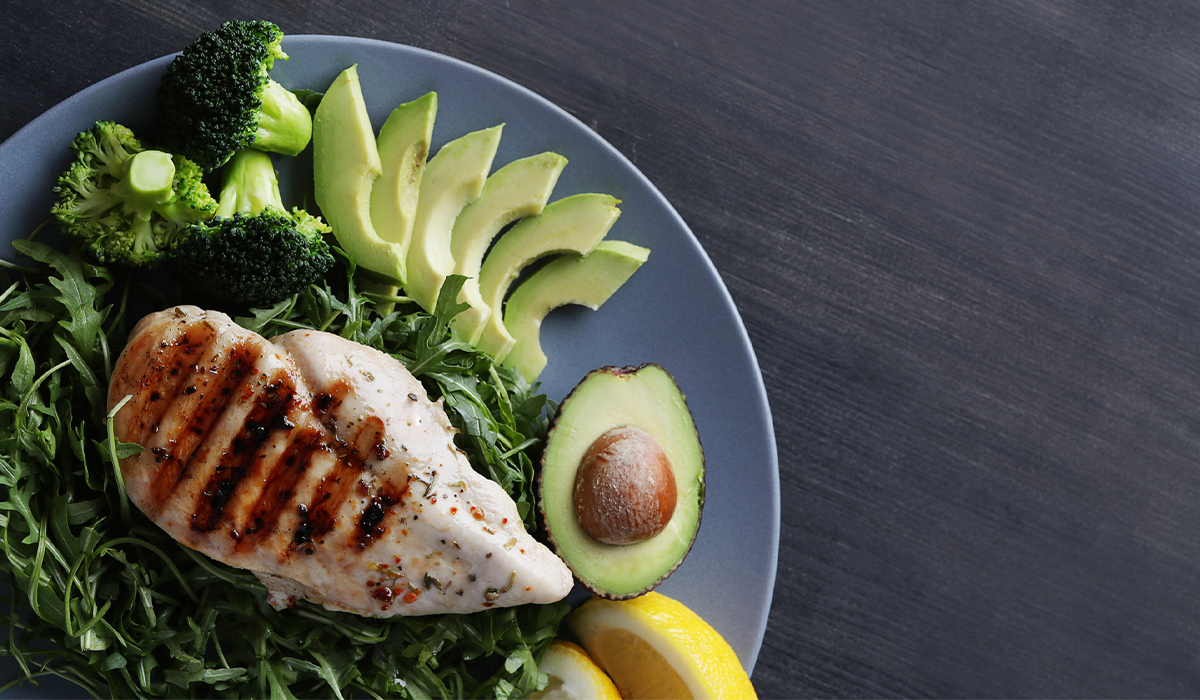
The Dukan Diet is high-protein and consists of four stages. What is it about? What are the health benefits? Can… read more »
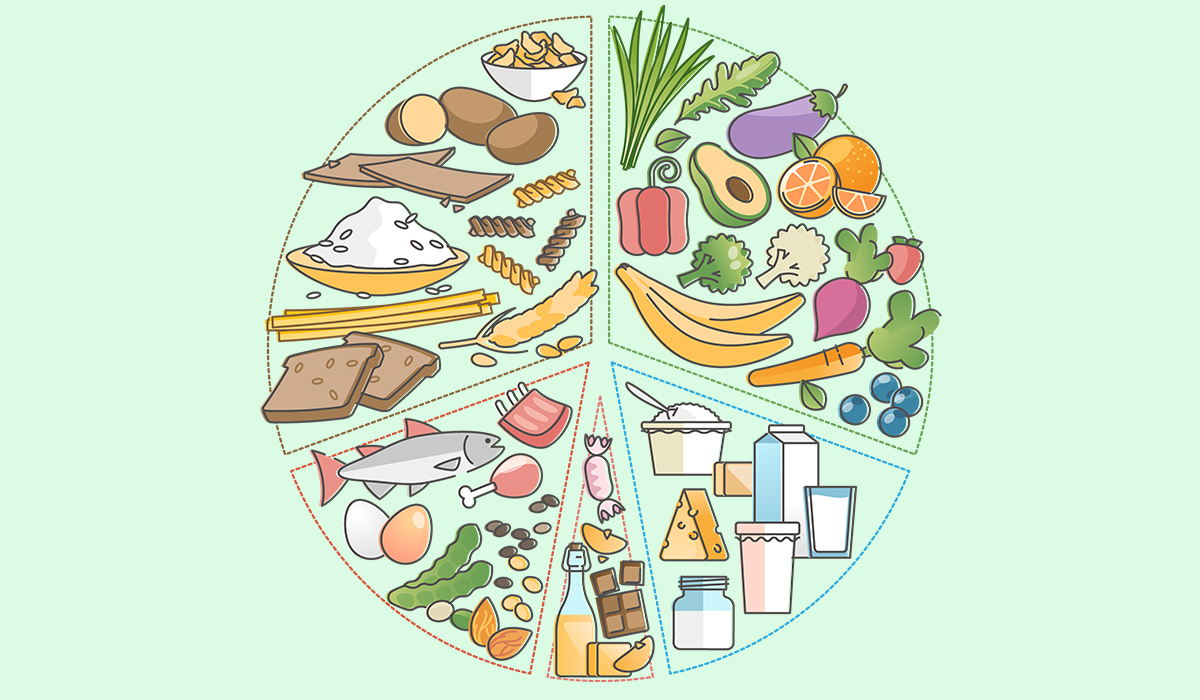
The DASH diet is a diet ideal for improving hypertension. In addition, it also has many other benefits. Learn about… read more »
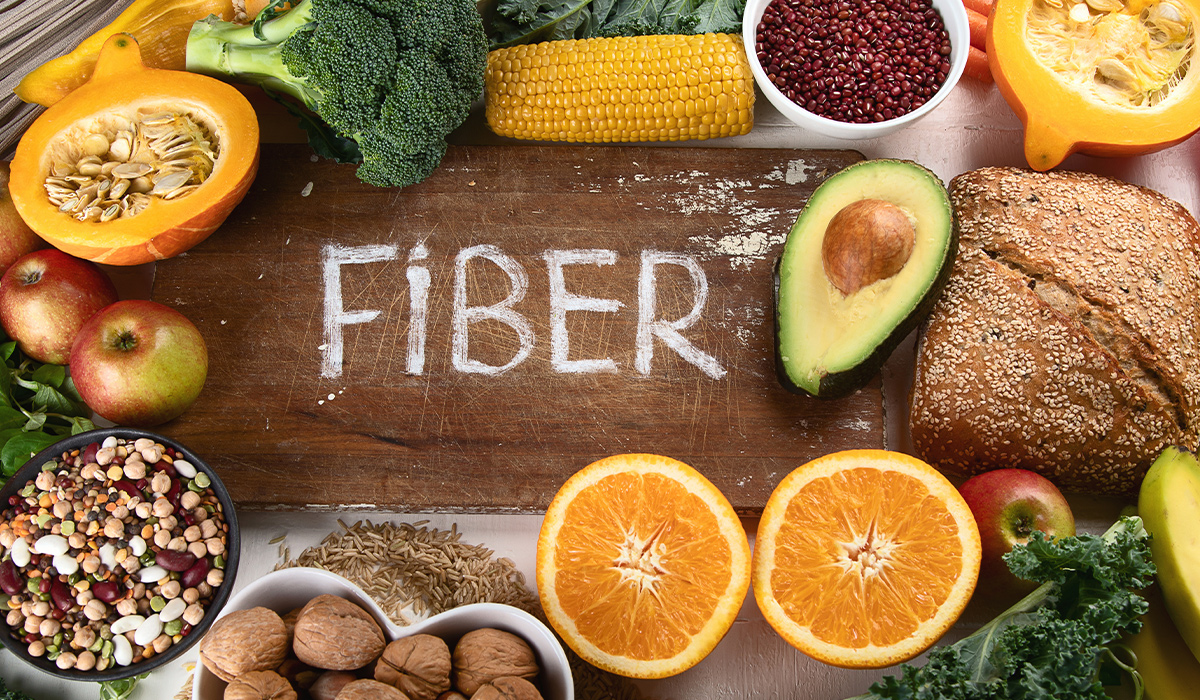
Do you know how eating high fiber foods will affect your health? Learn all about fiber and how it affects… read more »
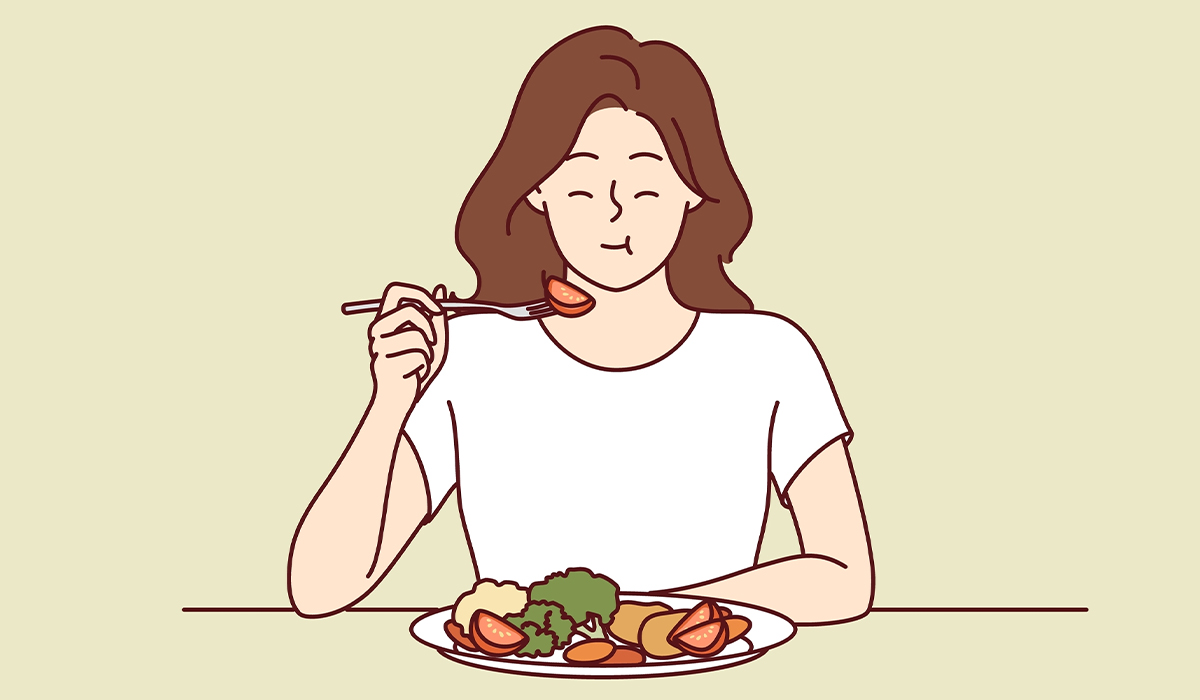
The Paleo diet is a way of eating inspired by the diet of our ancestors living in prehistoric times. What… read more »
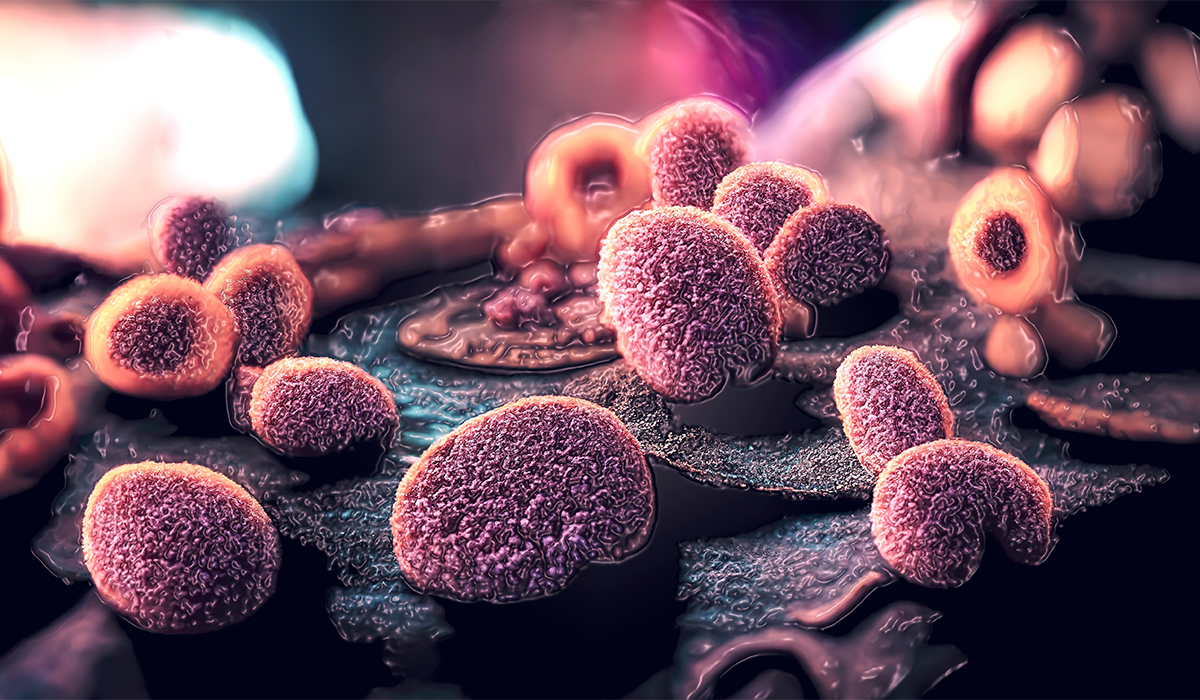
Pinworms, also called threadworms or seatworms, are tiny parasitic intestinal worms that may lead to an infection in the anus… read more »
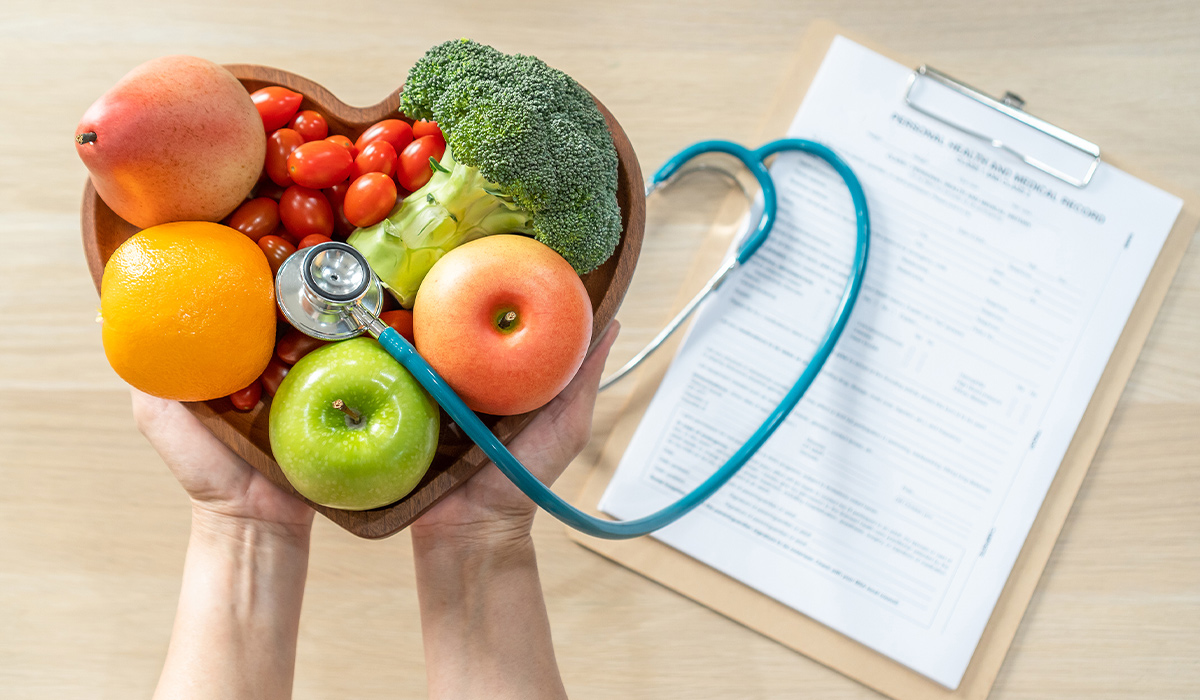
Do you know what to put in your diet to lower your cholesterol? Learn about 15 foods that effectively affect… read more »
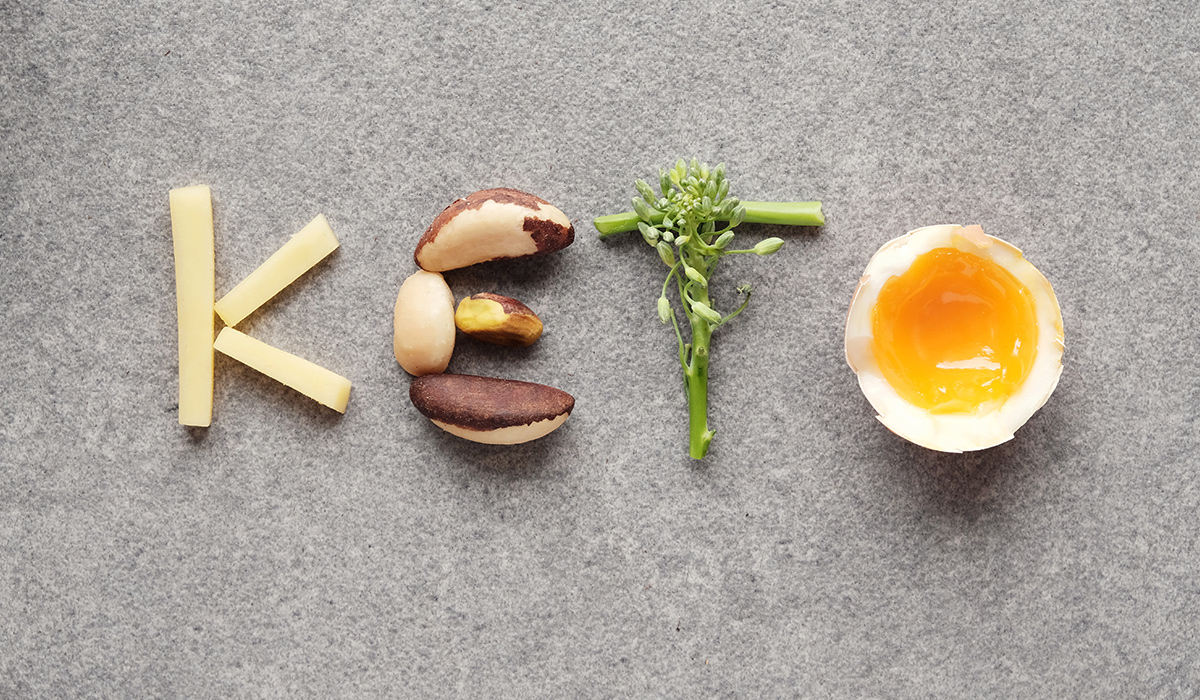
The ketogenic diet is based on the effects of ketosis, making it a great way to lose weight. See what… read more »
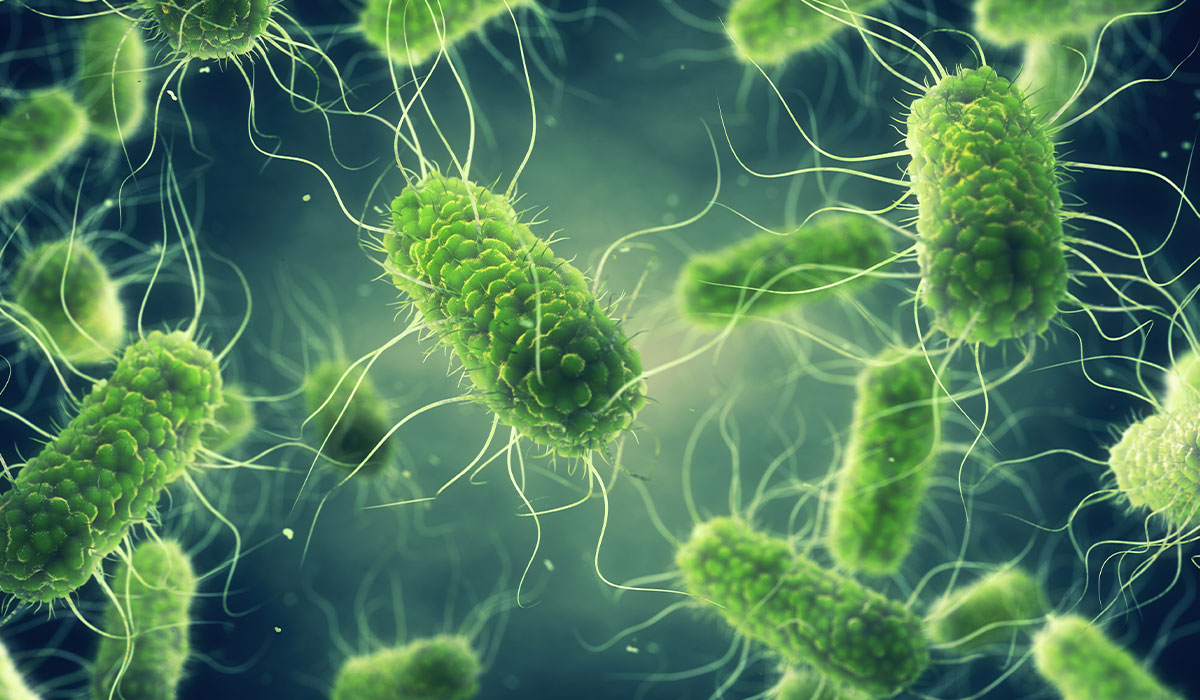
Salmonella bacteria infect both humans and animals. They can be found mainly in poultry but also in the meat of… read more »